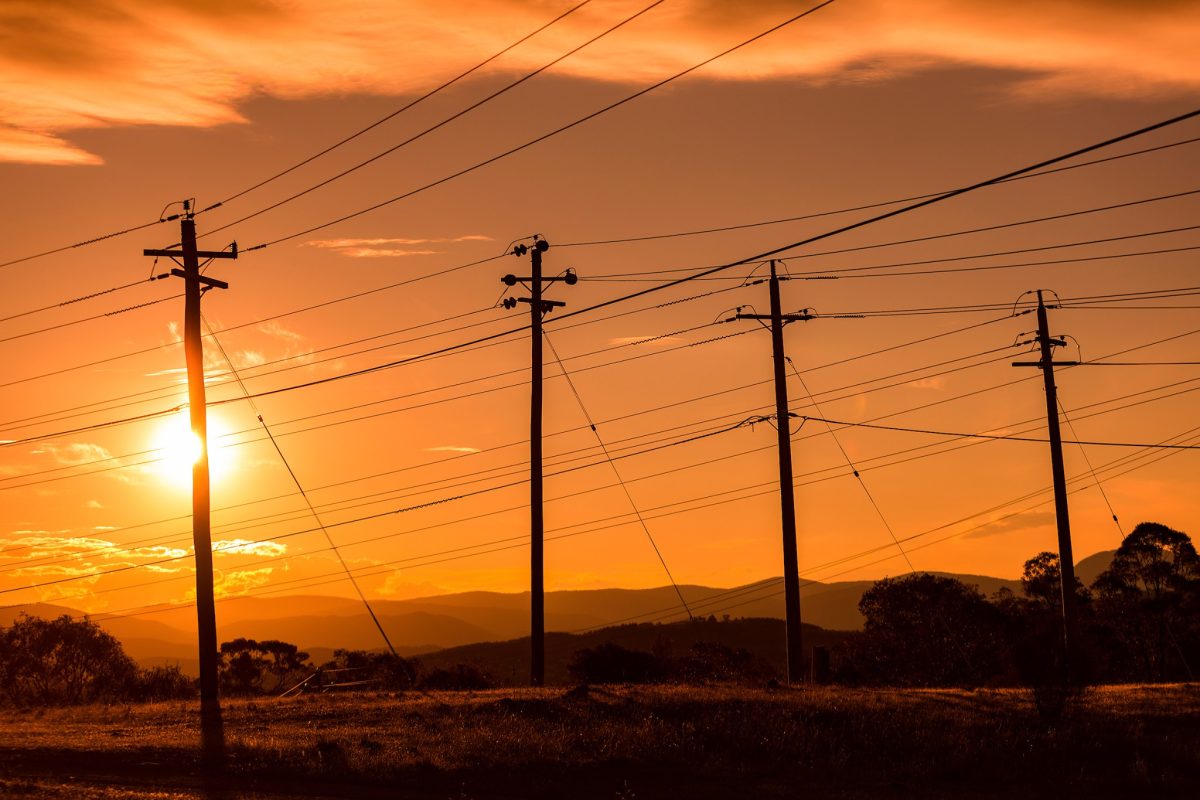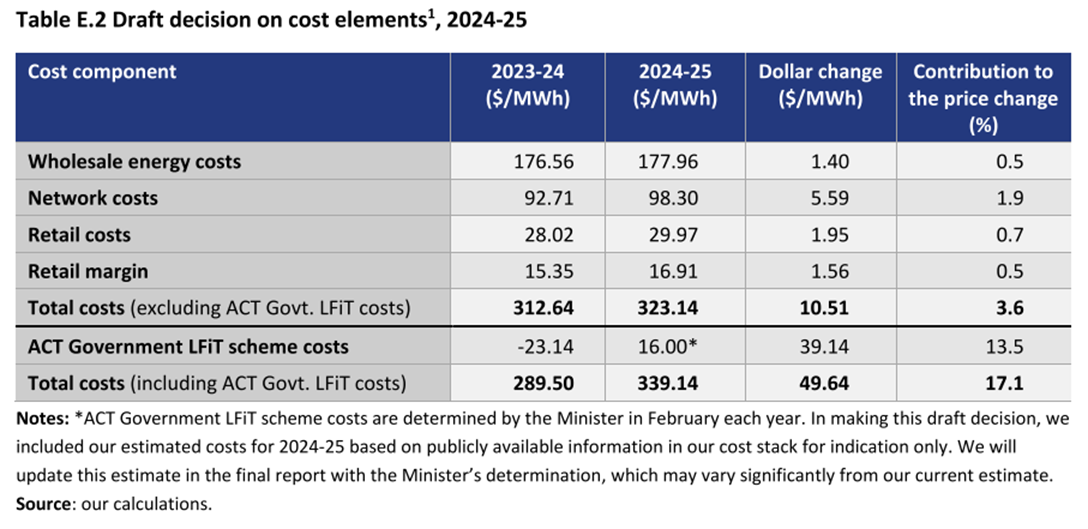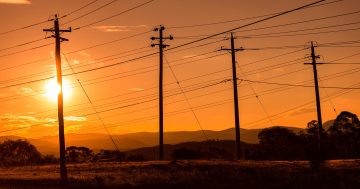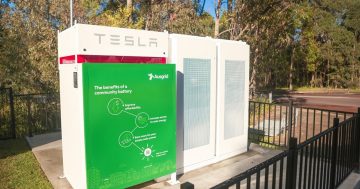
The ACT has largely been protected from electricity bill increases seen elsewhere in the country. Photo: EvoEnergy.
Canberrans on default electricity plans could see their bills rise by 17 per cent in the next financial year if the economic regulator’s methodology is accepted.
But a lot of data still needs to be finalised before this price increase is locked in.
The Independent Competition and Regulatory Commission (ICRC) has released its draft decision on the methods it will use to set regulated retail electricity prices for the next three years (from 1 July).
Based on data from 30 November 2023, customers on ActewAGL’s regulated (standing offer) tariffs could see average price increases of just under $50 per megawatt hour in 2024-25.
A standing offer is what you receive as a default if you don’t choose a market offer or negotiate a plan.
ICRC senior commissioner Joe Dimasi said Canberrans were expected to be better off than their counterparts in other parts of the country.
“Despite the indicative increase in regulated electricity prices, we expect the average bill for Canberrans on standing offers will be lower than average standing offer bills in Victoria, NSW, South Australia and Queensland,” he said.

The ACT Government’s LFiT scheme costs are expected to be the most significant contributor to electricity price increases. Photo: ICRC.
Most of the increase will come from the ACT Government’s large-scale feed-in tariff (LFiT) scheme.
This is where the government sources renewable energy from generators in the ACT, NSW, Victoria and South Australia, paying a fixed contract price for the electricity they feed into the grid.
The scheme delivered a rebate to ACT consumers last year, protecting them from significant electricity price increases seen elsewhere.
However, when wholesale market prices are below the agreed fixed price – as they currently are – a top-up payment is made to the generator to match the agreed contract price. This cost is then passed on to consumers.
In a joint statement, Chief Minister Andrew Barr and Energy Minister Shane Rattenbury stressed that the government would move to protect ACT households from “the brunt of any significant rises” in energy costs.
“It will be the primary focus for the government’s cost-of-living subcommittee that will meet in the lead-up to the ACT Budget,” they said.
“A lot of work will occur over the coming months, and the estimates included in the report will be influenced by a number of different factors, including the determination on the costs of the ACT’s renewable energy target.
“ACT electricity prices will still be below the national average price and among the lowest in the country.”
The ICRC used a placeholder estimate price of $16 per megawatt hour to calculate expected increases as the government hasn’t decided on the LFiT cost for 2024-25. This decision will be made in February.
The ICRC report noted the regulation only applies to standing offer tariffs and that market offers tended to be much lower.
Most Canberrans are on market offers, which are advertised plans they have either chosen or negotiated with their retailer.
“Our analysis shows that increased competition in the ACT can deliver substantial benefits to customers that regularly shop around for their electricity plan, including checking with other retailers,” the report noted.
“A customer could save up to $700 per year by moving from a standing offer to the lowest market offer.”
There are now 17 active retailers in the ACT and ActewAGL’s market share has fallen from 82 per cent in 2018-19 to 75 per cent in 2022-23, with Origin and EnergyAustralia emerging as its principal competitors.
The number of residential customers on standing offers declined from 49 per cent to 21 per cent in the same period.
ACTCOSS, the Council on the Ageing and Care Financial Counselling all submitted feedback to the ICRC stating significant barriers still exist that stop people from engaging in the electricity market.
“These barriers include complexity, difficulties in navigating the market, lack of consistency in presentation, and inadequate information formats for diverse groups of consumers,” the report stated.
“These organisations also suggested promoting increased consistency and extending the regulation of standing offer prices to all retailers, not just ActewAGL.”
However, the ICRC felt its approach to regulating retail prices has been effective in balancing “reasonable prices” and competition in the ACT market and thus doesn’t see “any basis at this time” for extending retail price regulation further.
The ICRC’s final report is expected to be delivered by 30 May.
The draft report is open for comment until 29 February, and a public hearing will be held on Wednesday, 7 February, from 10 am.
Eligible ACT households can access an $800 concession to help with energy bills. Information about support can be found online.
Original Article published by Claire Fenwicke on Riotact.






